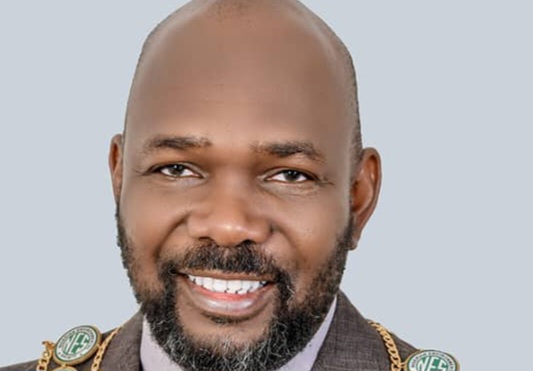The Nigerian Environmental Society (NES) called on stakeholders, government agencies, industry players, civil society organisations, and the public to tackle the country’s escalating plastic waste crisis.
Addressing journalists in Abuja, the President of NES, Dr Efegbidiki Okobia also urged them to embrace local innovations and adopt the “5Rs” — rethink, refuse, reuse, reduce, and recycle.
“Plastic pollution is a global crisis, and Nigeria is not immune,” he said.
“Each year, millions of tonnes of plastic waste clog our rivers, choke our streets, and endanger biodiversity. It even contributes to urban flooding.”
Dr Okobia pointed to weak enforcement of environmental regulations, inadequate waste management infrastructure, and poor public awareness as major hurdles to progress.
He praised the Lagos State government for its recent ban on single-use plastics, which is due to take effect on 1 July 2025. Offenders could face a fine of ₦250,000 or up to three months in prison.
“This is a commendable move. But the law must be followed by extensive public sensitisation and awareness campaigns to ensure compliance,” he said.
Highlighting NES’ own initiatives, Okobia said the Society had developed a multi-pronged strategy underpinned by scientific research to combat plastic pollution nationwide.
“We’re collaborating with the United Nations in Nigeria, the African Union, ECOWAS and welcome partnerships with other multilateral and private sector organisations,” he added.
Meanwhile, NES Abuja Chapter chairman, Leke Oluntola Emmanuel, spoke on the critical need for preserving green spaces in the Federal Capital Territory.
He lamented the increasing encroachment of green areas by hard structures, flouting existing environmental laws.
“By law, green areas must not be more than 80 per cent developed. But what we see today is total disregard for that, with buildings occupying 100 per cent of the space meant for greenery,” Emmanuel stated.
He blamed law enforcement for the growing trend and urged both regulators and developers to respect Abuja’s master plan.
“No city is complete without adequate green areas. As a society, we must not only speak out—we must act,” he said.











